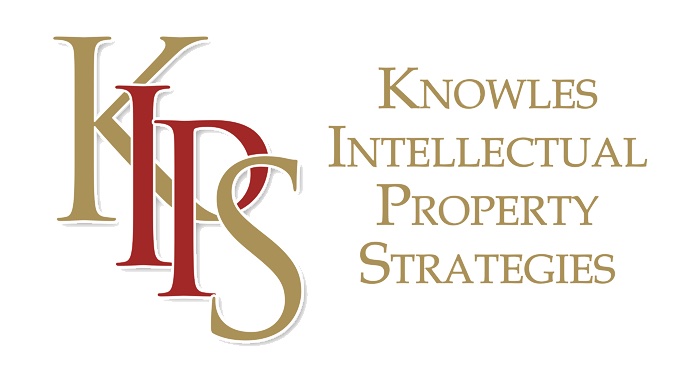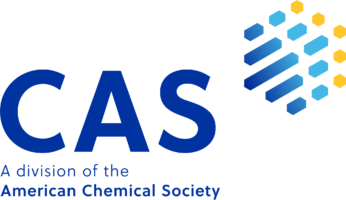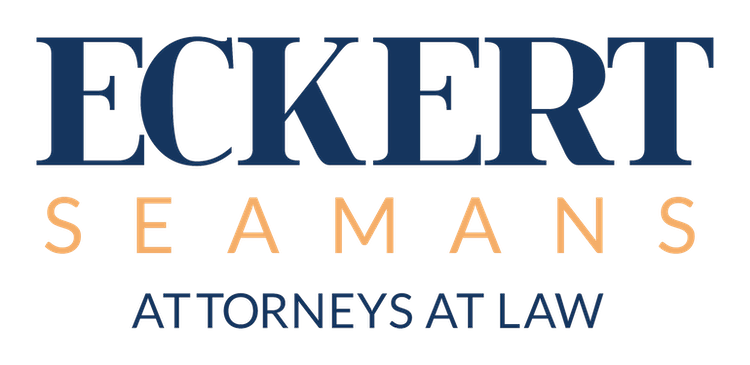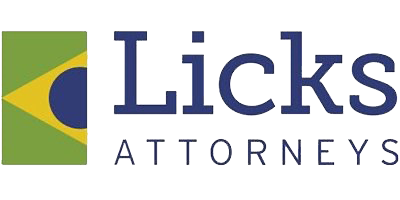
Event Session
The Future of the Written Description Requirement
October 25, 2022 @ 9:30 AM EST
9:30 AM ET
October 25, 2022
The Future of the Written Description Requirement
Dating back to The Telephone Cases, 126 U.S. 1 (1888), the Supreme Court has required enough description so that the invention is described with “sufficient clearness and precision to enable those skilled in the matter to understand what the process is…” And more recently, the Supreme Court reiterated that “Section 112 requires only a written description of the invention… in such full, clear, concise, and exact terms as to enable any person skilled in the art… to make and use the same.” Mayo Collaborative Servs. v. Prometheus Labs., Inc., 132 S. Ct. 1289 (2012).
Recent cases in the life sciences area, however, seem to suggest a higher level of disclosure is being required by some judges of the Federal Circuit. Several petitions for writ of certiorari are currently pending before the United States Supreme Court seeking clarification, in both Biogen International v. Mylan Pharmaceuticals, Inc. and Juno Therapeutics, Inc. v. Kite Pharma, Inc.
This panel will discuss the current state of the written description requirement, the tension between the statute and Supreme Court interpretation, how the Federal Circuit case law is evolving, what this means for the future of innovation, what applications can and should do to respond, and the petitions in both Biogen and Juno Therapeutics.
Materials*
Petition for writ of certiorari in Juno Therapeutics
Petition for writ of certiorari in Biogen
* A Note on Materials: For live, in person programs we apply for MCLE in Virginia, as well as other jurisdictions (see the MCLE tab in the navigation bar above). MCLE regulations require substantive writing on the topic covered during the presentation. The materials provided, often published by IPWatchdog.com authors and contributors, relate to the topic but are not intended to pigeon-hole guest speakers in any way. They are intended to be informative and elucidate the issues that will be discussed, although not necessarily represent the point of view that will be taken by any particular panelist. To date the articles we have selected have always been sufficient to satisfy MCLE authorities.
Dating back to The Telephone Cases, 126 U.S. 1 (1888), the Supreme Court has required enough description so that the invention is described with “sufficient clearness and precision to enable those skilled in the matter to understand what the process is…” And more recently, the Supreme Court reiterated that “Section 112 requires only a written description of the invention… in…















